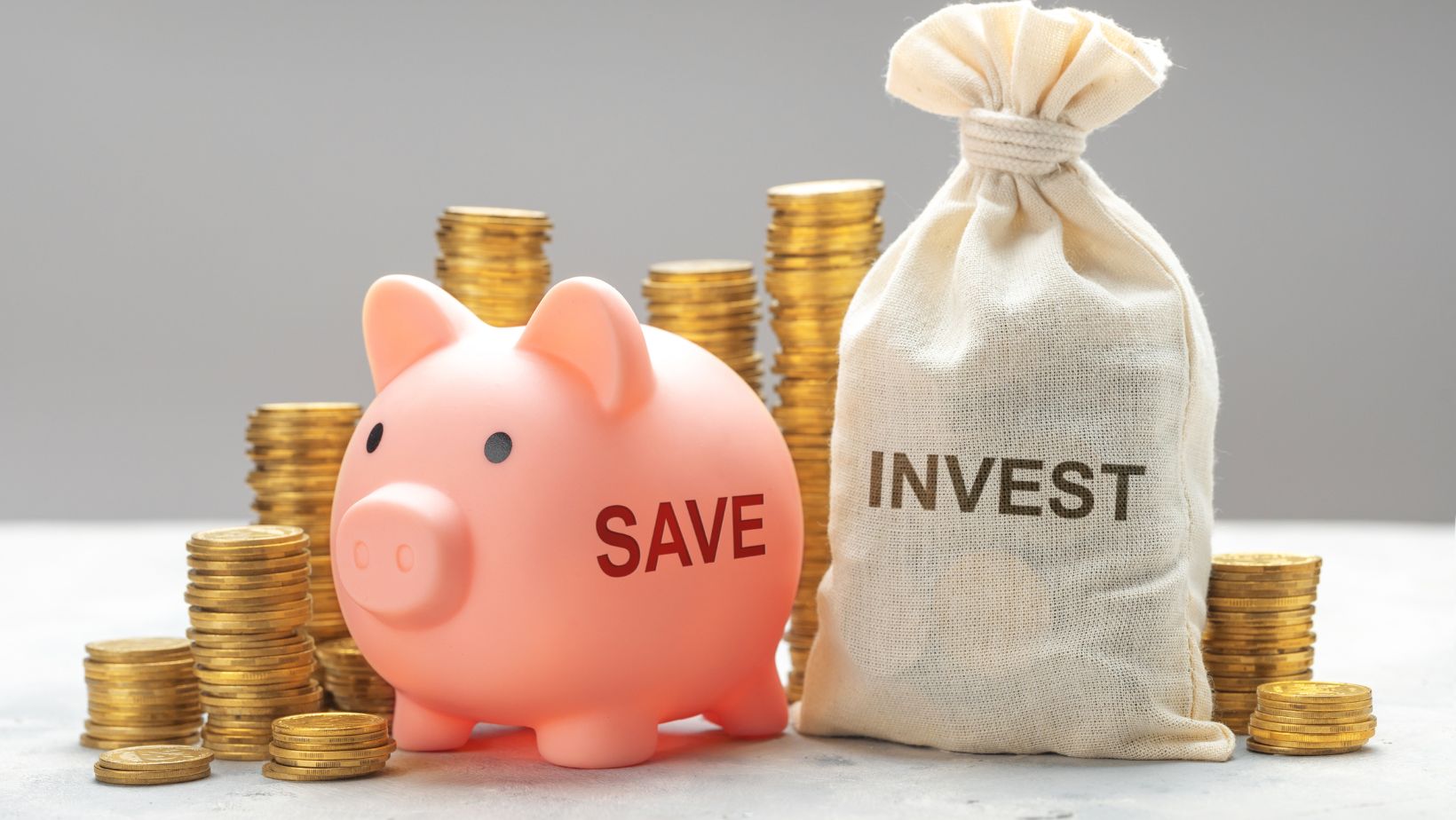Investing is a viable way to secure a stable and prosperous financial future. However, it’s easy for beginners to be intimidated or confused. Want to avoid common pitfalls and watch your hard work pay off exponentially? Then, follow the best practices you’ll discover below.
The Do’s
Have an Investment Goal
What you’re hoping to accomplish will greatly impact your investment strategy. Saving for retirement hinges on the buy-and-hold approach and 401Ks or index funds. Conversely, a down payment for a new home will benefit more from instruments like money market funds. Lock in an investment goal and gear your strategy towards making it happen.
Do Your Research
Like any skill, investment is something you can’t grasp or master overnight. Before placing your money on the line, familiarize yourself with basic concepts like the investment types at your disposal, compound interest, market volatility, etc. It’s also a good idea to create a dummy account to experience how the stock market operates firsthand without the risks.
Diversify
As a first-time investor, it’s tempting to go all in on exciting assets like “the next big stock” and potentially reap high short-term gains. However, that stock may tank the next day and put you behind.
Not losing money is the most fundamental principle that should guide all your investment decisions. To that end, it’s much smarter to diversify your portfolio, meaning to spread your investments out among different asset classes and industries. That way, an underperforming stock in your portfolio turns from a principal-wiping disaster into an acceptable loss.
Be in it for the Long Haul
Smart investors play the long game and are unphased by small market fluctuations. The data doesn’t lie – the longer you hold on to diversified investments, the likelier they will be to grow. Even large upsets like the 2008 financial crisis or the COVID pandemic didn’t take markets long to bounce back from.
Understand Fees
You need to account for transaction fees, your investment platform’s yearly service fees, etc. They might not seem like a lot individually, but they can make a sizable dent in your profits over time. Research all the fees and obligations you take on by investing and try to balance their cost with the reliability and features your platform provides.
Secure Your Financial Accounts
Banks, investment platforms, crypto exchanges, etc., all tie your finances to user accounts and accumulate sensitive data like your personally identifiable information or transaction records. Keeping their login credentials safe is paramount if you don’t want to become the victim of financial and identity theft. If you are curious about how safe your passwords are, it is time you start taking them seriously.
Safeguarding each of your accounts with a complex and unique password generated by a trustworthy password manager is a good start. The best password manager can also provide two-factor authentication for each account.
The Don’ts
Act on Impulse
Your money and future are on the line, so it’s natural to be concerned. However, checking your portfolio daily or panic buying and selling to gain a temporary advantage only leads to stress and worse overall performance. Adopt a disciplined strategy like dollar-cost averaging to simultaneously automate and secure investments.
Tie All Your Money Up in Investments
Thinking ahead is only wise if you’ve got short-term volatility covered. That’s why a 3-6 month emergency fund is the first thing you should invest in. That way, you’ll have instant access to money to deal with unforeseen eventualities without having to dip into your assets and deal with resulting tax penalties or loss of future growth.
Access Your Financial Accounts from Unsafe Networks
Smartphones and apps make investing on the go convenient and potentially riskier. However, you do not want to access your investment platform and related accounts over unsafe networks like public Wi-Fi.
Reliable finance-related apps come with strong protections by default, or else they wouldn’t be trustworthy. However, you’ll still benefit from additional measures like finding a VPN to use and turning it on when connecting to potentially unsafe networks. A VPN encrypts your connection from the ground up, ensuring that no one who monitors the network through packet sniffing or other means is aware that you’re conducting financial transactions or visiting related websites. The less others know about your financial dealings, the safer you are.
Miss Out on Investing Early
Ideally, you’ll want to start investing as soon as you have a steady income and settle your emergency fund. Taking advantage of benefits like 401K matching and the power of compound interest will ensure your financial stability and may let you retire in comfort earlier than expected. Even if you’re older, start investing now to mitigate inflation and build a nest egg that will serve you well come retirement.












